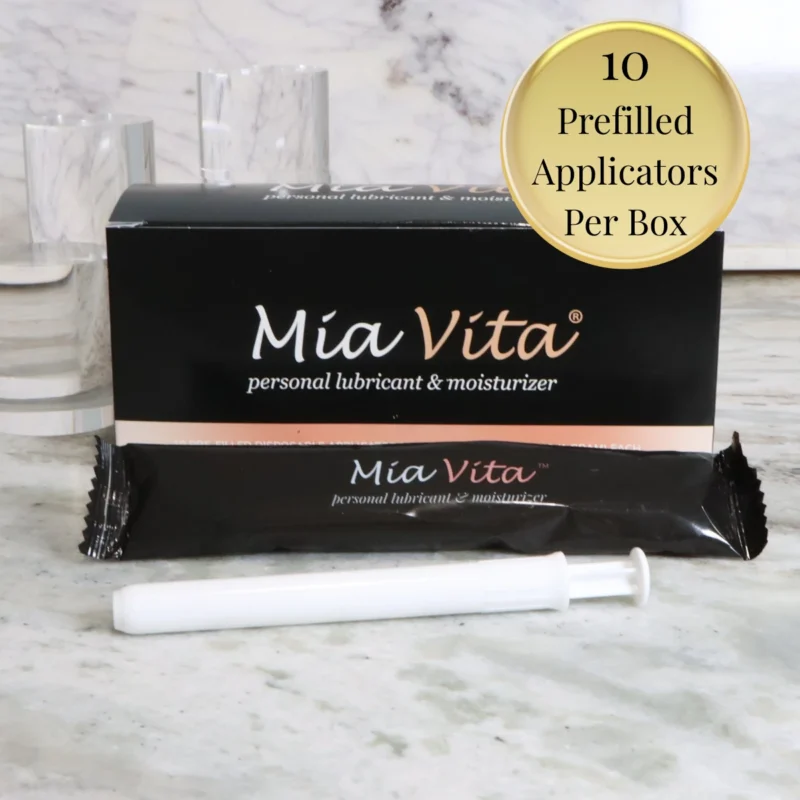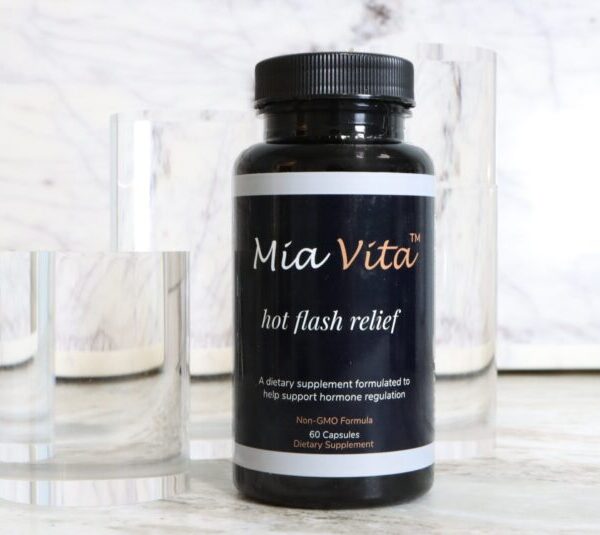Smooth, decadent chocolate; crunchy, salty chips; or gooey, cheesy, well, anything. On a stressful or down day, it’s common to reach for certain foods to help brighten your mood. But scientists are learning that the relationship between food, mood, and brain function, known as the gut–brain connection, goes both ways. Your gut “speaks” to your brain on the daily, and here, in a nutshell, is how that works.
Multiple Communication Channels
One of the main sources of communication from the gut to the brain is the milieu of friendly gut bacteria known as the gut microbiome. There are as many of these single-celled inhabitants living in your intestinal tract as there are cells that make up your body, and they have a lot to say. But how do their messages reach the brain?
Recently, science has revealed that the microbiome converses with the brain through channels in the circulatory, immune, endocrine, and nervous systems.
Some gut bacteria produce mood-modulating neurotransmitters, such as the calming, “feel-good” ones, serotonin and GABA, and the motivation-promoting chemical dopamine. These can enter the circulation and travel to the brain, where they affect things like mood, alertness, and cognitive function. Other bacteria can either produce hormones themselves or influence hormone production; for example, one species promotes increased production of the hormone oxytocin, which is associated with feelings of love and connectedness.
The lining of the intestinal tract contains sensory nerve endings that detect the presence of hormones, neurotransmitters, nutrients, and pro-inflammatory chemicals produced by the immune system and relays this information back to the brain, including to areas having to do with memory, cognition, emotions, and the stress response. The information contained in these messages affects your brain function and behavior, making you feel more (or less) alert and productive and productive, or less anxious and more social, or more fearful and withdrawn.
Gut bacteria also produce short-chain fatty acids (SCFAs). These affect brain function by activating the brain’s satiety centers, which can help make you less “hangry” before lunch. SCFAs also reduce inflammation in the nervous system. This may help preserve cognitive function by preventing inflammation-related damage to the brain as well as prevent some forms of depression that are associated with inflammation in the brain.
Additionally, certain gut bacteria are able to reduce the harmful effects of cellular waste products, such as those generated from the production of serotonin which, when elevated, can lead to neuroinflammation.
Balance and Diversity: The Key to a Healthy Gut–Brain Relationship
Each type of bacteria has slightly different effects and a healthy microbiome will have a balance of many species, which can help prevent a variety of chronic or sudden-onset conditions affecting brain. Having a healthy gut microbiome has been shown to reduce risk for stroke and improve the chances of experiencing less impairment in the event that a stroke occurs.
But when the diversity of species is limited, such as from antibiotic use or a poor diet, the balance can become disrupted, with consequences such as increased inflammation in the gut and brain, which can lead to changes in mood and cognitive function. Patients with major depressive disorder have been found to have less diversity and an imbalance of species in the gut microbiome. Similarly, some people diagnosed with generalized anxiety disorder have been shown to have a particular pattern of imbalance among the bacterial species of their microbiome. Reduced bacterial diversity has also been reported in Alzheimer’s disease patients.
The Power of Diet and Supplementation
Probiotics have been shown to dampen the body’s stress response, thereby helping to minimize the physical effects of stress on the gut. In a study of healthy (but undoubtedly stressed) medical school students, supplementation with a probiotic significantly reduced elevated levels of the stress hormone cortisol.
Probiotics also suppress inflammation in the intestinal lining. This improves brain function by preventing the cascade of effects that cause brain inflammation via the gut-brain connection, and the altered mood and cognitive function that follow. Some studies have reported that when supplemented with probiotics many individuals with anxiety and depression report fewer symptoms, less ruminative thoughts, and less aggressive tendencies.
Your diet can also play an important role in either helping or harming the gut–brain relationship. Diets that include lots of complex carbohydrates, fiber, and polyphenol antioxidants from whole plant foods, like fresh fruits and vegetables, whole grains, and beans, support a healthy, thriving, and balanced microbiome. This translates to lower levels of inflammation, fewer neurotoxins and other harmful bacterial products that can negatively influence the brain and more of the good stuff, like SCFAs and other compounds that contribute to healthy brain and cognitive function and stable, positive moods.
Your gut microbiome not only keeps your gut healthy and happy, it also influences your mental and emotional health. Happy microbiome, happy life!
FemmePharma has been helping women navigate menopause for over two decades. No matter where you are in your journey, you deserve to have knowledgeable, intimate healthcare partners to help you feel your best. Explore our other articles, podcast episodes with women’s health experts, and products to ease your transition into menopause.




